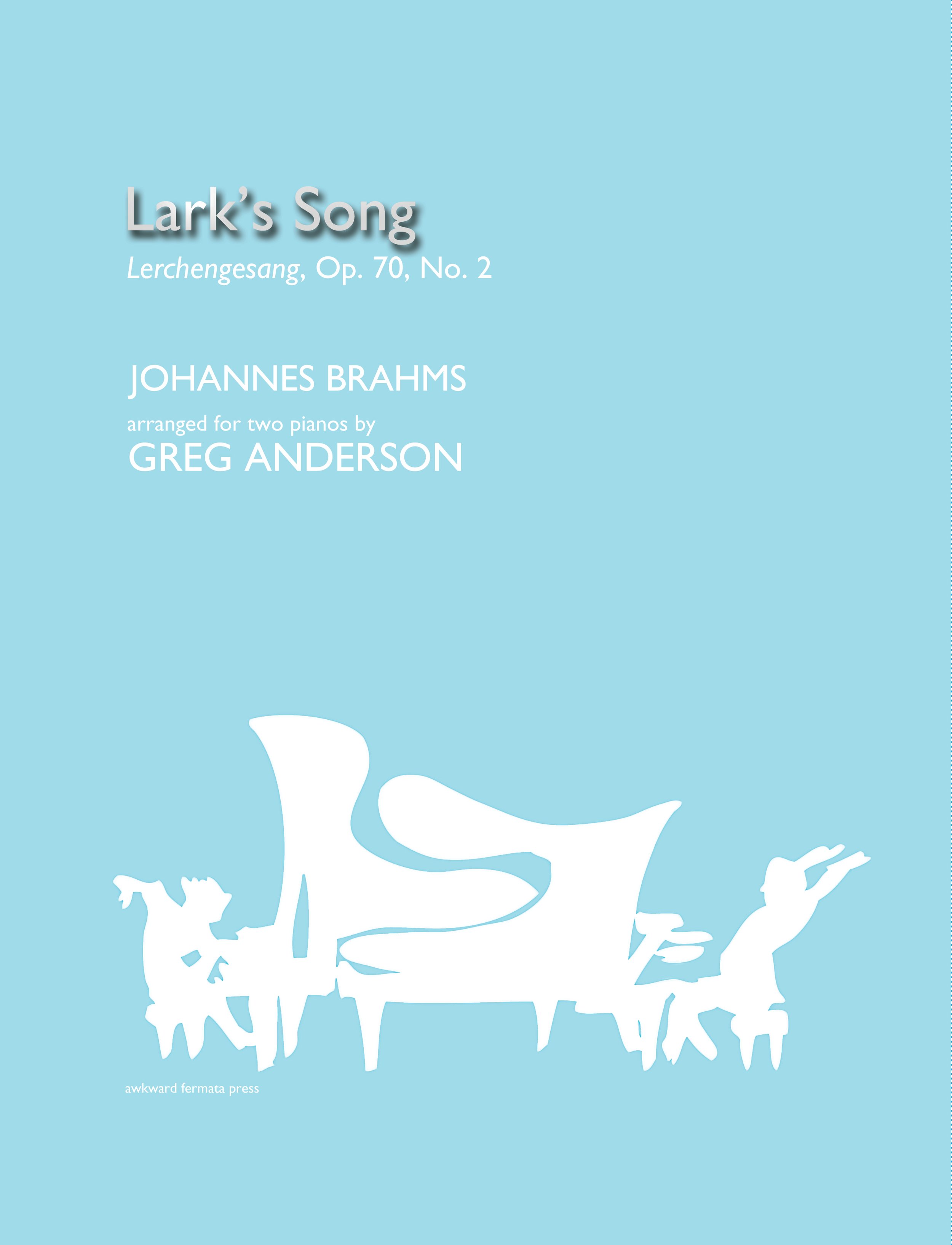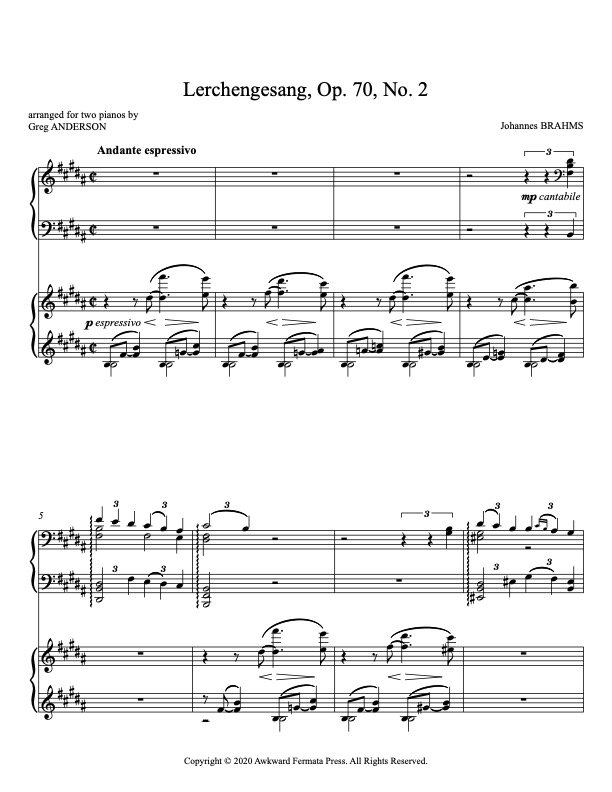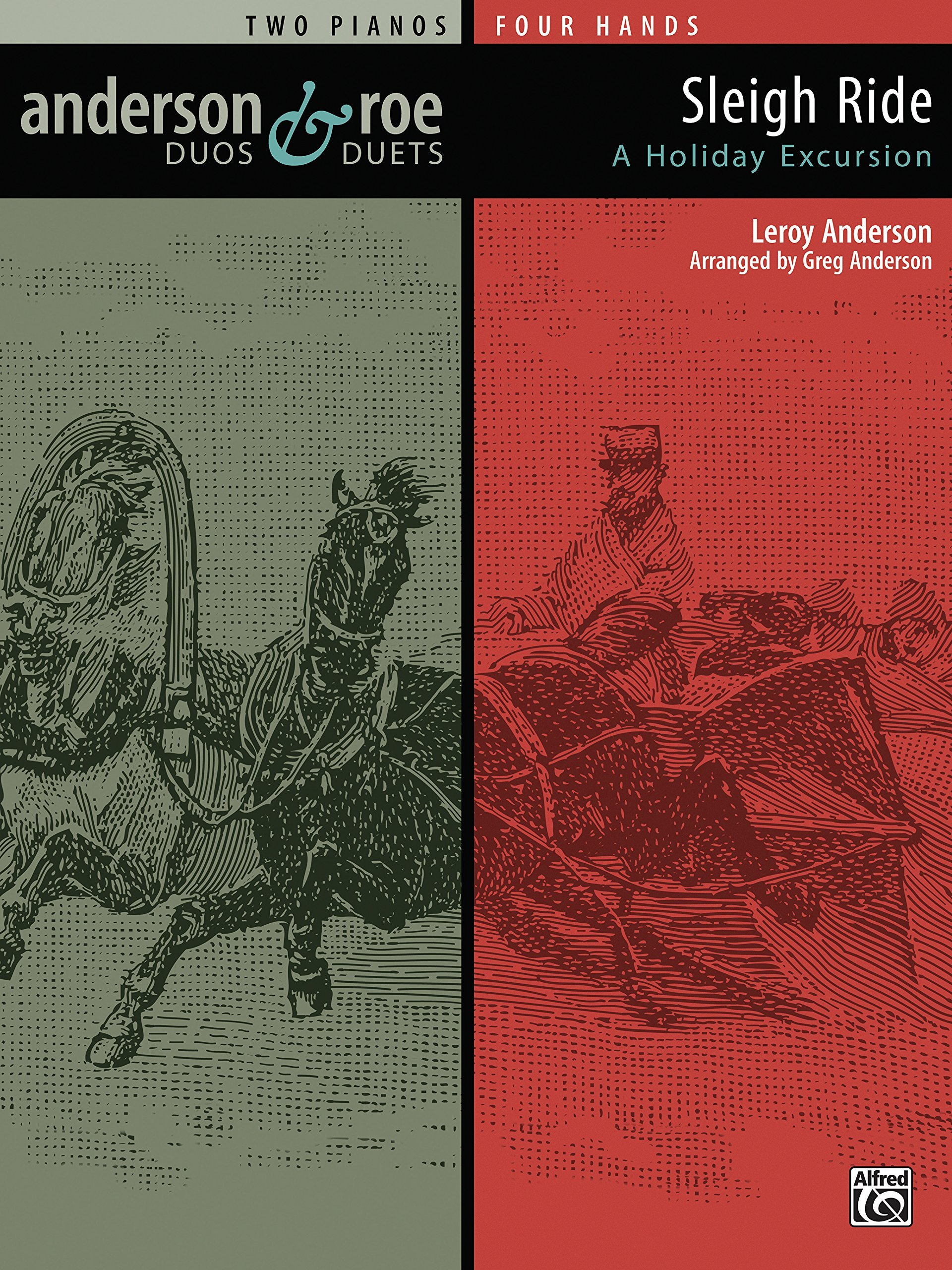Details
Carmen Fantasy for Two Pianos by Greg Anderson, based on themes from Georges Bizet’s Carmen / Difficulty: Advanced / Duration: 13 minutes / Copyright: 2010, 2024 / Work number: XX / Appears on the album When Words Fade / Spotify / Apple Music
Program Notes
“Love is a rebellious bird that no one can tame.”
— Carmen
Have you ever been seduced? Have you ever fallen for someone, knowing it was a very bad idea? In Bizet's beloved opera, Don José experiences both when he loses his heart to Carmen, a notorious gypsy and a saucy minx. As you listen, imagine yourself similarly ensnared… or is it you who seduces in the heat of the night?
A concert fantasy in the grand romantic tradition, the Carmen Fantasy for Two Pianos weaves together several distinct scenes from Georges Bizet's beloved opera Carmen. Serving as an introduction, the work begins with the "Danse Bohémienne" from Act IV, a ballet that is almost always cut from modern performances of the opera. (Incidentally, Bizet used the same material as incidental music to L'Arlésienne.) The introduction is followed by the "Aragonaise" (originally the entr’acte to Act IV, a scene just before the opera’s climactic bullfight), the famous "Habanera" from Act I (in which Carmen sings “L’amour est un oiseau rebelle,” or, “Love is a rebellious bird"), and the "Card Aria" from Act III (in which Carmen reads in the cards that both she and Don José are doomed to die). Following the terrifying omen of death, the music cuts to the "Flower Song" from Act II, a scene that epitomizes that love Don José and Carmen once shared for one another. Ultimately, the juxtaposition serves to highlight the tragedy of the opera without actually recreating the opera's climactic recitative (in which Don José murders his former lover, Carmen). The fantasy concludes with a party scene from the beginning of Act II, in which Carmen and her friends entertain army officer with a song about gypsy girls (much like themselves). The music accelerates in a whirlwind of fevered rhythm, Basque tambourins, and ecstatic dance.
— Greg Anderson















